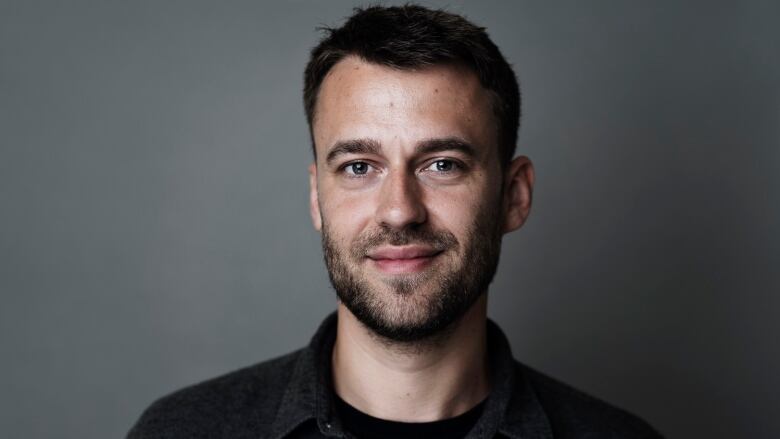International Federation of Journalists urges Canada to guarantee access after Danish journalist denied entry
Kristian Lindhardt has been reporting on Indigenous resistance to Trans Mountain pipeline expansion

The International Federation of Journalists, along with three unions representing journalists, are calling on the Canadian government to guarantee freedom of information after a Danish journalist was denied entry to the country.
Kristian Lindhardt had spent four months in Canada before the pandemic working on an independent documentary, and reporting for his employer DR(the Danish Broadcasting Corporation),about Indigenous resistance to the Trans Mountain pipeline expansion in British Columbia.
He hadplanned to return to Canada on Friday, presentingpress credentials and a 14-day quarantine plan to border officers in Vancouver. But after six hours of questioning over two days, he was denied entry and forced to return to Denmark.
"The COVID-19 pandemicmust not beused as an excuse to impede certain media coverages and hamper press freedom. The Canadian authorities haven't provided a valid explanation to deport Mr.Lindhardt. We urge the government to clarify the situation and guarantee freedom of informationand access rights for foreign journalists," saidIFJ general secretaryAnthony Bellangerin a release on Tuesday.
The IFJ is a global union that represents more than 600,000 members of themedia in more than 140 countries.
The Canada Border Services Agency (CBSA)declined to comment on Lindhardt's specific case, but said on Sunday thatjournalists can be considered non-discretionary travellers if they can prove there is a requirement for them to be physically in Canada, and that the decision is made by border officials on a case-by-case basis.
The CBSAfollowed up on Tuesday to add that foreign nationals can enter into Canada during the pandemic if they are asymptomatic for COVID-19, their travel is not discretionary, and if they qualify for one of 23 exemptions outlined in the order prohibiting entry to the country.
The order states that foreign nationals may enter if they "will provide an essential service while in Canada."
Public Safety Canada's list of essential services during the COVID-19 pandemic does includemembers of the media. However,Public Health Canada said in an emailed statement that "there are no specific exemptions for journalists or members of the media identified under the Mandatory Isolation Order."
It said several categories of people are deemed exempt, including energy workers.
"Government representatives at the border are responsible for administering the emergency orders at Canada's ports of entry. This means permission for an arriving traveller to enter Canada, or to be exempt from quarantine requirements, will be granted by a border official, who is required to consider the information provided by the traveller at the time of their entry," a spokesperson for the agency said.
Lindhardt had been covering the ongoing construction of the Trans Mountain pipeline expansion, and the impact on members of theTsleil-WaututhFirst Nation. He had arranged a suite to self-quarantine for 14 days before travelling to the reserve, as required.
Unifor, the Communications Workers of America (CWA) and the Danish journalists' union (DJ) joined IFJ in condemning the border agency's decision and urging it to reverse its decision.
"Journalism is an essential service and Canadian border officials must not impede the movement of any journalist operating safely, within the public health directives," said Jerry Dias, president of Unifor.
Lindhardt told CBC News he was not given a reason entrance was deniedother than the border officials' repeated assertion that "media is not essential."
He said the border official's line of questioning largely focused on the subject of his reporting.
"Journalism is of vital importance particularly in times of crisis. Using COVID as an excuse to block a journalist is simply unacceptable. It is especially troubling because COVID is now being used by many regimes as yet another way to crack down on press freedom, and Canada should be setting a positive example for the world," said CWA president Martin O'Hanlon.
"Weurge the Canada Border Services Agency to reverse this decision."












_(720p).jpg)


 OFFICIAL HD MUSIC VIDEO.jpg)
.jpg)



























































































